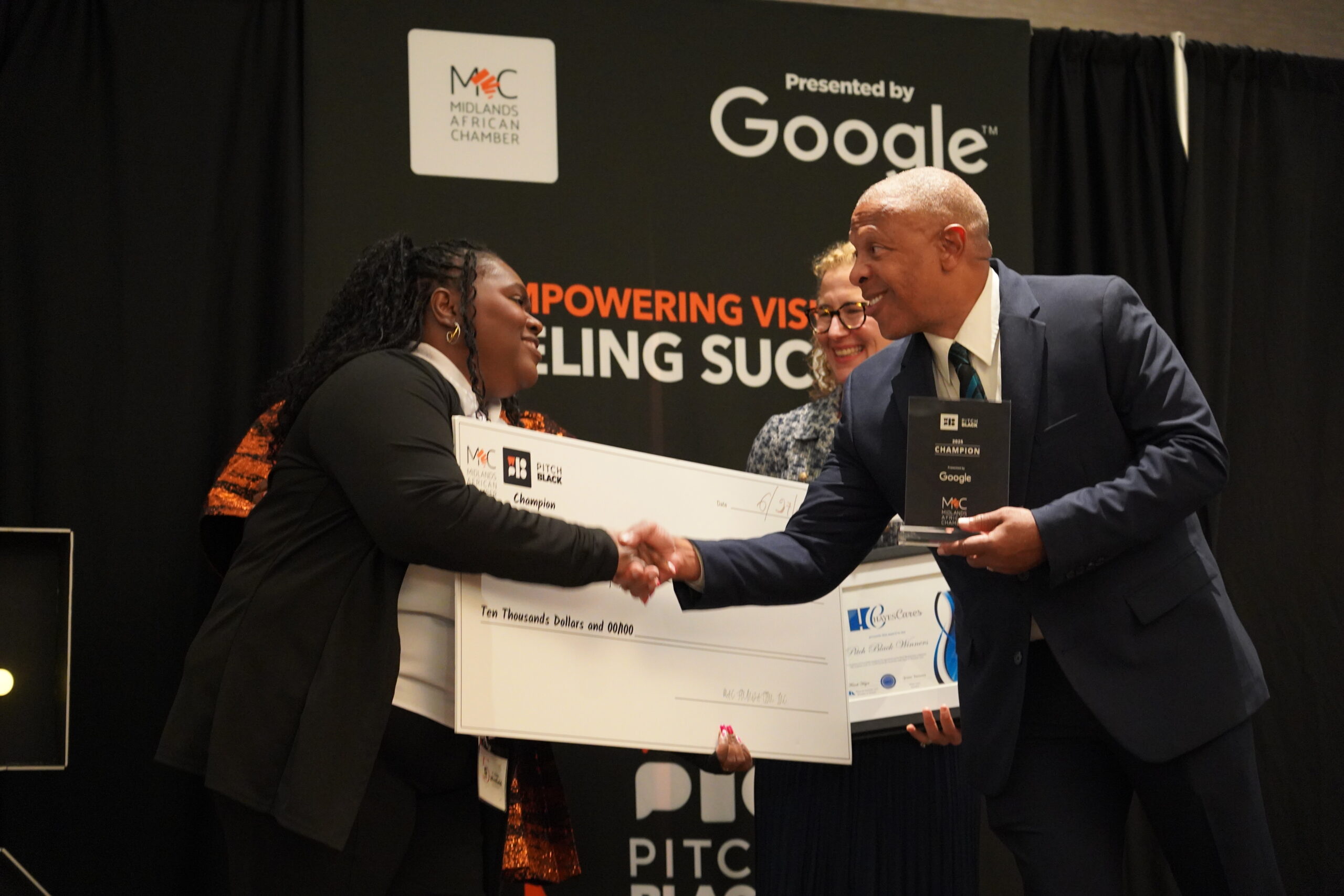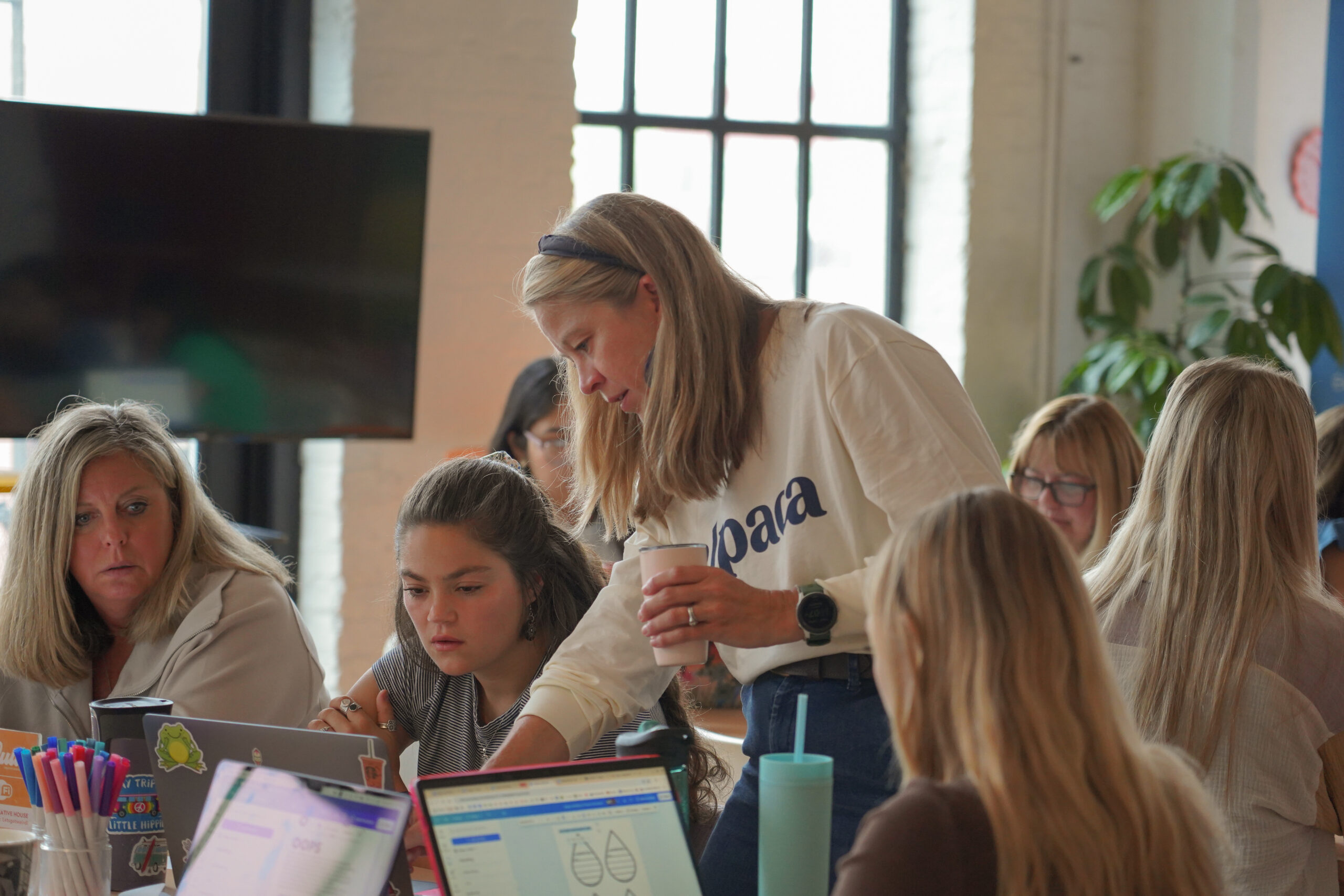
Joshua Armah, president of Wiase Research Institute and managing partner of Wiase Capital, got hit in the head with a baseball bat when he was 14 years old.
A former Boy Scout turned teenage runaway on the streets of Atlantic City, New Jersey, he was trying to save his friend from a beatdown. Stepping up to intervene, Armah caught a hard swing to the eyebrow. He woke up with a brain jarred by the momentum of aluminum and a desire to change his life.
But talk to the 27-year-old software developer, VC, entrepreneur and self-described polymath technologist today, and it’s hard to imagine him ever undergoing any traumatic brain injury. A sought-after speaker on artificial intelligence and blockchain, Armah can wax visionary on topics like convoluted neural networks, discrete mathematics, deep learning, the benefits of meditation and his fear of a Midwestern winter.
January in Nebraska is a legitimate concern for a man who’s spent the past decade moving between the east and west coasts to start companies and work on cutting-edge technology. In recent years, for instance, he advised the AI startup Aphid (formerly AphidByte) and helped develop the gamified climate-change solutions app Dashboard.Earth.
His Silicon Valley credentials are manifold—both in the literary sense of many and various and in the mathematical sense of a topological space satisfying a set of axioms that relates sets and neighborhoods and locally resembles Euclidean space near each point. (Armah likes math.)
In other words, he thinks in terms of ecosystems, their impacts on neighborhoods and the people living in those neighborhoods.
That’s one of the reasons he moved to Omaha: to strengthen the tech and startup ecosystems, so that more people can become technical founders, i.e. software developers who go into business for themselves.
“Technical founders can try and fail more,” Armah said. “I can fail more than a non-technical founder because I don’t have to spend any money. I can build my MVP if I sit at home for four to eight weeks and just work on a product and go after a market. Now, I might need to hire people, or bring in people to help me with sales if I don’t have expertise in that industry.”
The other reason he moved to Omaha is Roger Kassebaum.
Launching a Virtual Chapter of Founder Institute for the Omaha-Lincoln Super Region

Originally from Hebron, Nebraska, Roger Kassebaum taught science and computer programming in Fairbury and Omaha for about 20 years, then moved to Santa Monica, California in 2000 to teach at Milken Community Schools, a Jewish middle and high school in Los Angeles. While there, he developed a science and tech academy that connected students with mentors in university research labs and industry.
Some of his students were the sons and daughters of Hollywood royalty, an odd experience for a man who occasionally describes himself having grown up “dirt poor in rural Nebraska.”
He also led teams of international students in robotics, computer-aided design, entrepreneurship and science competitions as director of STEAM programs for Singapore-based Keys Academy.
Along the way, he met Armah through a mutual acquaintance in Tampa, Florida, and was immediately impressed by this young man who dropped out of high school and went on to become “an international expert in blockchain and AI,” he said.
This past year, Kassebaum moved back home. Though officially retired, he hasn’t slowed down. He works as COO for startup investment firm ExseedU Inc. and as venture partner at Wiase Capital. Ever the educator, Kassebaum taught the class “Forming a Disruptive Startup” at the University of Nebraska at Omaha this spring, pitting teams of student entrepreneurs against one another. (One team in that class developed the altruism-focused mobile app Sojourn, covered by SPN as part of a broader look at “app-tivism.”)
Now, with Armah and Levi Cermak, assistant director for the UNO Center of Innovation, Entrepreneurship & Franchising, Kassebaum is launching a virtual chapter of the Founder Institute, the world’s largest pre-seed accelerator, to serve the Omaha and Lincoln areas.
Founder Institute gives high-potential entrepreneurs and teams the devoted support network and structured growth process necessary to gain traction and funding. Any aspiring entrepreneur or team in the Silicon Prairie that wants to build enduring technology is invited to apply to become part of the inaugural four-month Founder Institute Omaha-Lincoln Virtual 2020 pre-seed accelerator program. (Sign up for an info session here.)
“Josh turned me onto Founder Institute, but I turned him onto Omaha,” Kassebaum said. “I pat myself on the back for that.”
The team has an ambitious vision.
“We want to make Nebraska the birthplace of entrepreneurialism,” Kassebaum said. “That will make us a magnet for ideas to get funded, create jobs, and create a way of life that is attractive to the world.”
He likened the group’s vision to the College World Series, saying everyone knows that if you want to succeed in college baseball, you have to get to Omaha.
In the future, Kassebaum hopes that aspiring young entrepreneurs will have that same attitude toward Omaha.
“If you want to launch a tech startup, don’t go to Silicon Valley, go to Omaha!” he said.
Software development as we know it will be wildly different by 2025
Throughout this process, Armah will be studying the results through the Wiase Research Institute. Ideas that are both socially beneficial and able to generate valuable research could receive funding through Wiase Capital.
Meanwhile, the team will identify ways to promote innovation thinking and workforce retraining, particularly around AI and blockchain, skills Armah believes will shape the future.
Since low-code platforms like Bubble and Wix exist, coding will take on more of a clean-up role in the future that AI creates, Armah predicts.
“People are building AI that can build apps, and you can just tell the AI what you want and it can give it to you,” he said.
(If that sounds unlikely, consider this: research shows that such audacious thinking is common among venture capitalists, who tend to skew overconfident when information is framed in an unfamiliar way. But that’s why actuaries exist.)
Success Looks Like Choice
If this ecosystem-building work succeeds, then a larger pool of highly skilled tech talent will feed into accelerators like Founder Institute, NMotion or The Startup Collaborative.
Read More: The Startup Collaborative’s founder-centric response to COVID-19
Despite bold statements about the decline of coding, Armah said he still codes several hours per day—partly in his head, partly at the keyboard—seeing it more as a second language that everyone should learn.
As algorithms cascade silently like mantras in the background process of his thoughts, Armah stays busy investing in startups, nurturing community partnerships, reading white papers, conducting market research, playing basketball, listening to music and raising his 10-year-old son, he said.
It’s not the life he imagined for himself when that aluminum bat came down on his head half a lifetime ago. It’s a life made possible only due to the freedom brought by financial security. He gained that financial security by working in tech and starting companies. That’s why he’s driven to create environments where others can succeed like he did, especially Black tech talent and Black-led startups.
Given Nebraska’s deep appreciation for the American Dream, Armah’s mission is something Nebraskans should naturally support, Kassebaum said.
“I am seriously committed to the mission that Joshua is sharing for diversity in our start-up ecosystem in Nebraska,” he added. “We should turn to leaders like him to help share what makes Omaha so great.”
And while more robust tech and startup ecosystems will certainly help the economy and provide a steady supply of tech talent, Armah said the ultimate issue at stake here is personal liberty, the ability to choose what to do in one’s life.
“You have to curate the talented workforce and then give them a choice: do you want to be an entrepreneur? Or do you want to be an employee? It’s about choice,” he said.




